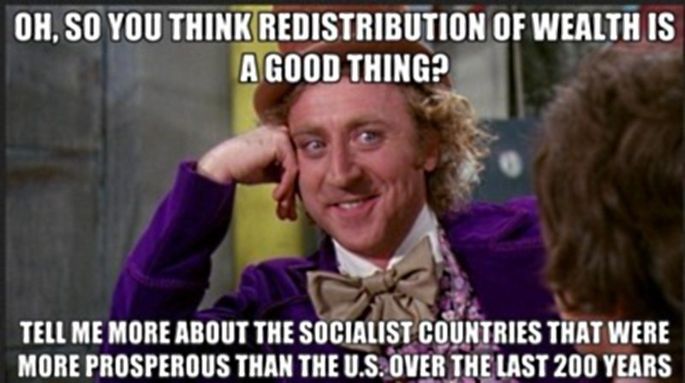I’ve been studying economics this school year along with my two teenaged sons in our homeschool. We listened to a lecture the other day during which Nobel Laureate economist Robert E. Lucas, Jr., was quoted. After hearing our president’s remarks on the occasion of his second inauguration, I felt compelled to go back and listen to that lecture again and then seek out Lucas’ quote in context. Why? Because Lucas eloquently and concisely contradicted everything President Obama had to say about trying to solve income inequality through redistribution.
Barack H. Obama, Second Inaugural Address:
“For we, the people, understand that our country cannot succeed when a shrinking few do very well and a growing many barely make it.
. . .
“We, the people, still believe that every citizen deserves a basic measure of security and dignity. We must make the hard choices to reduce the cost of health care and the size of our deficit.
(APPLAUSE)
“But we reject the belief that America must choose between caring for the generation that built this country and investing in the generation that will build its future.
(APPLAUSE)
“For we remember the lessons of our past, when twilight years were spent in poverty and parents of a child with a disability had nowhere to turn. We do not believe that in this country freedom is reserved for the lucky or happiness for the few. We recognize that no matter how responsibly we live our lives, any one of us at any time may face a job loss or a sudden illness or a home swept away in a terrible storm. The commitments we make to each other through Medicare and Medicaid and Social Security, these things do not sap our initiative.
“They strengthen us.”
Robert E. Lucas, Jr., Nobel Laureate in Economics:
“Of the tendencies that are harmful to sound economics, the most seductive, and in my opinion the most poisonous, is to focus on questions of distribution. In this very minute, a child is being born to an American family and another child, equally valued by God, is being born to a family in India. The resources of all kinds that will be at the disposal of this new American will be on the order of 15 times the resources available to his Indian brother. This seems to us a terrible wrong, justifying direct corrective action, and perhaps some actions of this kind can and should be taken. But of the vast increase in the well-being of hundreds of millions of people that has occurred in the 200-year course of the industrial revolution to date, virtually none of it can be attributed to the direct redistribution of resources from rich to poor. The potential for improving the lives of poor people by finding different ways of distributing current production is nothing compared to the apparently limitless potential of increasing [future] production.”
Dr. Lucas clearly understands this proverb: “If you give a man a fish, you have fed him for a day. Teach a man to fish, and you feed him for a lifetime.” Our president apparently thinks the proverb runs more along these lines: “If you give a man a fish, you have fed him for a day. If you give a man a fish every day, he will vote for you for a lifetime.”

You must be logged in to post a comment.